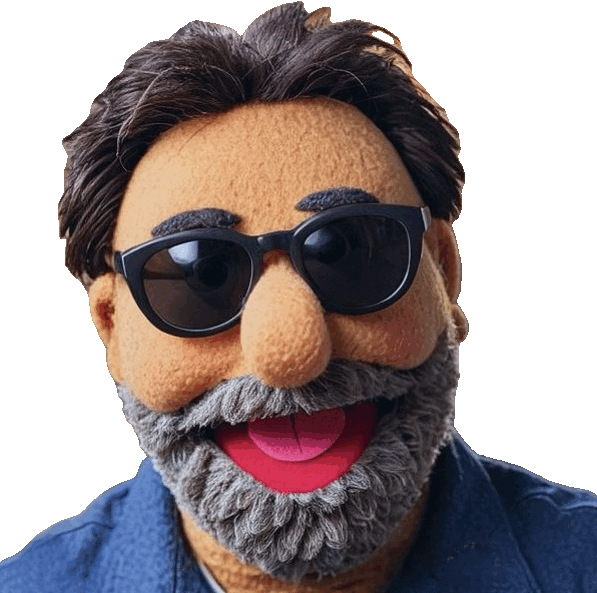I would imagine it was harder to get information on topics as you would’ve had to buy/borrow encyclopedias to do.
Were there proprietary predecessor websites?
Tell me about the dark ages!
One word: Encarta.
This.
“Don’t just copy and paste from Encarta” was commonly recited by my teachers when I was younger
I’m a little bit younger than you, so for me, it was used Wikipedia as a starting source, but do not reference it. Find your own information. We just used Wikipedia to familiarize ourselves with a topic and the terms that we would then have to actually look up and source other sites.
Encyclopædia Britannica also used to have a version released on DVD.
Three thousand this 👆
I remember when this came out, blew my mind. 1 cd vs a couple hundred kg worth of huge analogue encyclopaedia books.
The introduction of CD-ROM was mind blowing for me. Encyclopedias, interactive storybooks, talking Carmen Sandiego?!
It felt so futuristic.
And before that, Britannica
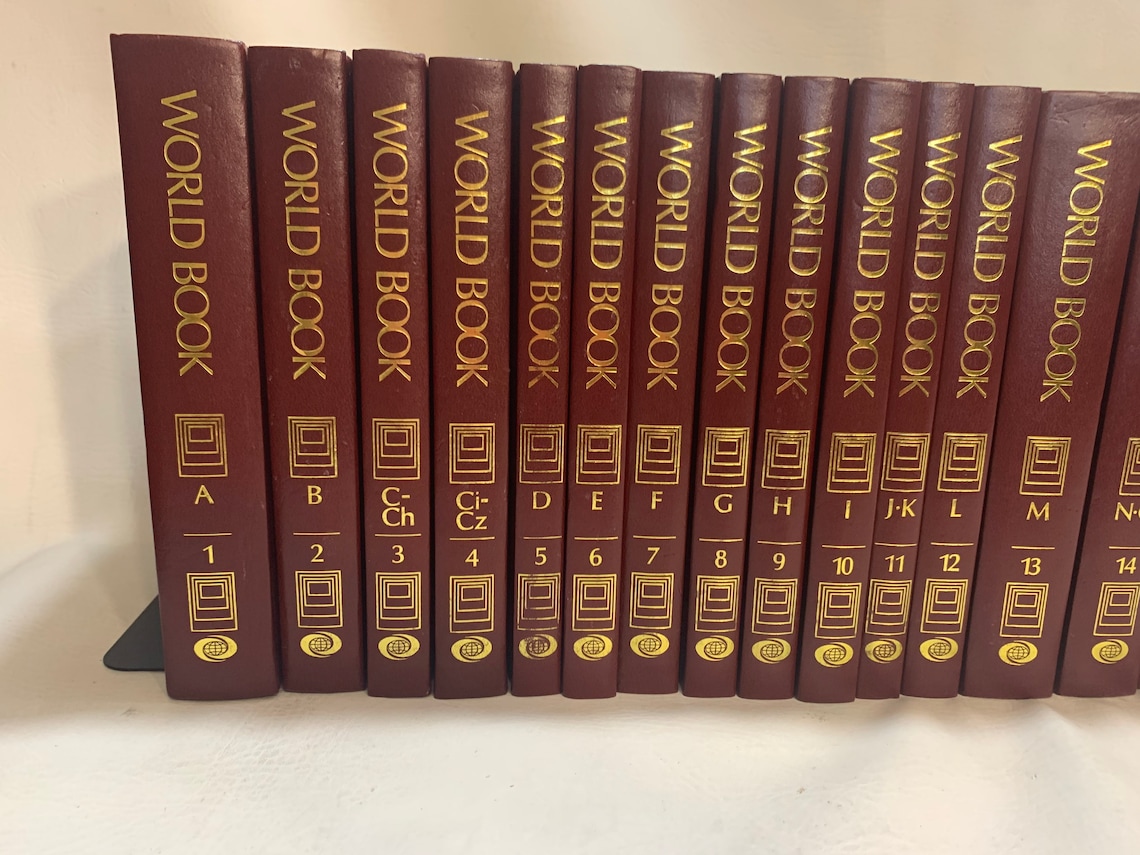
Edit: Apparently you can still order an updated print edition of the World Book Encyclopedia for the low price of $1,259.00.
This refers to Google instead of Wikipedia, but I think this cartoon still applies. 🤣
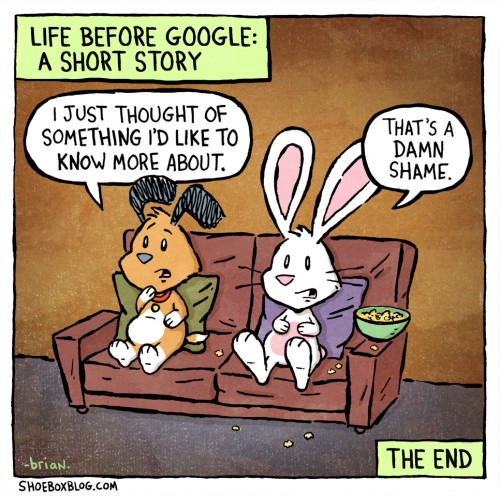
This sums it up. That cool song you would like to know the name or artist? Bad luck if it wasn’t popular. Where does x idiom come from? Wait until you’re at home/the library.
You would have many of these unresolved questions for years, until some solved itself fortuitously.
That cool song you would like to know the name or artist?
You’d ask the guys at the record store, ofc.
I had a particular set of notes stuck in my head for decades. Then one day about 10 years ago I finally managed to remember one of the words of the song, and with that actually managed to google the song. I thought it was something I would never hear again. That song is My Love is Alive by Gary Wright. I remembered the 6 notes in the bass line and that had been driving me nuts for decades.
We had this thing called a library. With books.
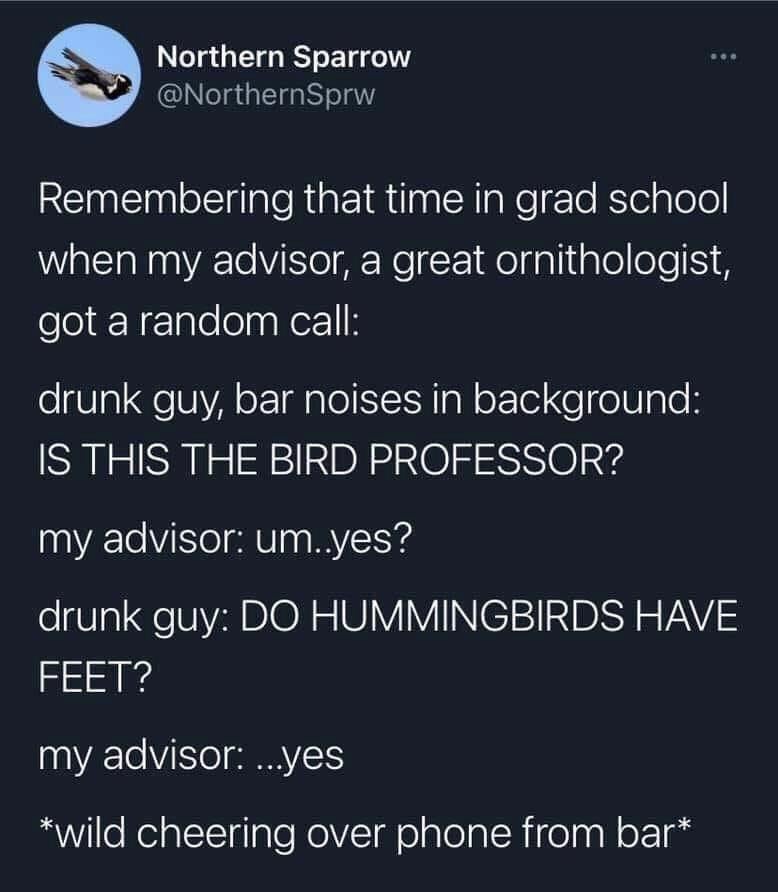
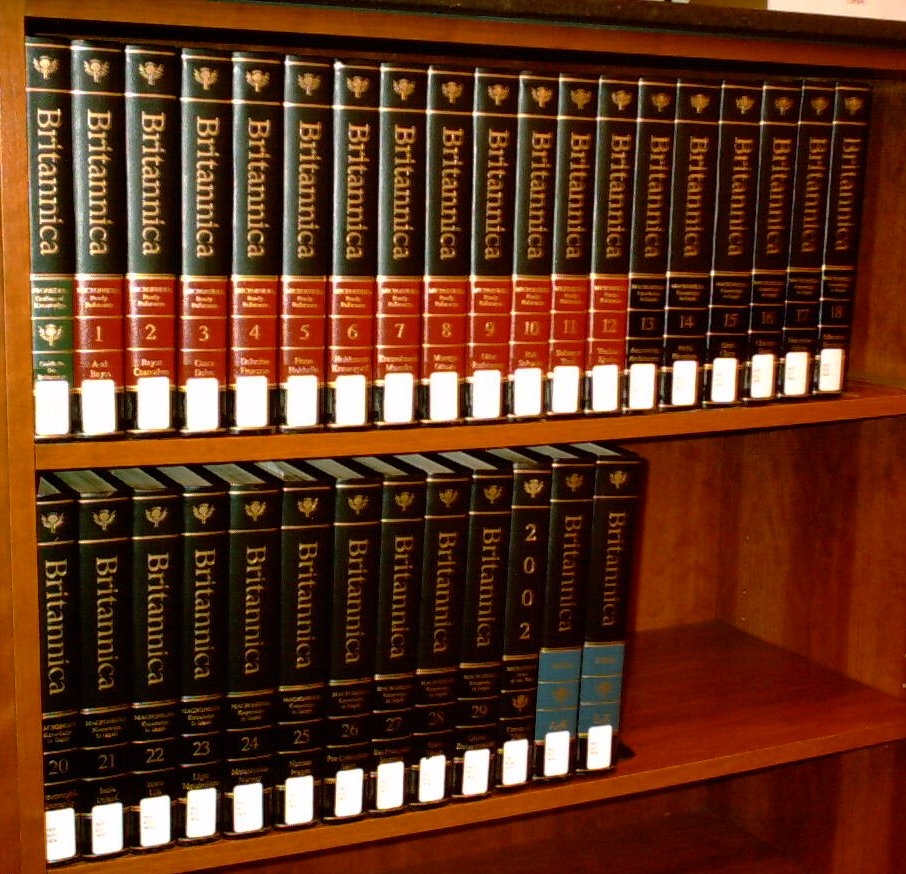
Britannica was for the rich folks… I grew up on World Book!
Just picked the best picture that showed up when I looked up encyclopedia. 🤷♂️
I’m not British, or a native English speaker, so mine really looked more like this:

And we cut a ton of stuff out of them. Only one book report on a given topic or you gotta buy a new set of encyclopedias.
You could argue about who was right about some obscure fact all night long, or come up with your own creative theories.
Nowadays, in less than a minute, someone will look it up, killing the conversation.You parents would just tell you something and you assumed it was true until you learned years later they where just winging it with bullshit.
In the long-long-ago, encyclopaedias were on paper, 28 volumes, and weighed 14kg. Quite comprehensive.
Then encyclopaedias were on a CD or two, around 100g.
Before Wikipedia, everything2 was a previous example of a massively-interlinked-website. You could search and maybe turn up some details.
Or prior to google being created, you would just do a search in metacrawler.com to usually turn up some OK answers.
Metacrawler takes me back, as well as having to use paper encyclopaedias for school!
Let me tell you about borrow return policy at libraries and the associated fines for late returns and how to find something using the dewey decimal classification system. Fun times!
https://en.m.wikipedia.org/wiki/Dewey_Decimal_Classification
https://www.guinnessworldrecords.com/world-records/largest-library-book-fine-paid
It’s surreal to me that there are people who don’t know what life before Wikipedia was like, lol.
Maybe it’s relevant to understand that the increased access to information hasn’t always translated to people being more informed. There are many people in my life who don’t actively look things up and who don’t have the curiosity or willingness to even check Wikipedia.
So it is still now a bit like what it was like pre-Wikipedia - people mostly relied on other people for knowledge, and knowledge was thus local and socially shared, not necessarily that factual or based in books. I still think this is the dominant way people live, but now social media is an extension of that “local” socially-mediated knowledge. TV and radio were sorta like social media before, it was the way things became “viral”.
I think now like then, looking something up on Wikipedia sets you apart from a lot of people, it makes you bookish, nerdy, or pedantic - as if the folk knowledge wasn’t good enough for you and you have become a traitor to your people by seeking something more from the stacks.
Just random webpages that you took at face value because there’s no way someone can publish misinformation on something as big and sophisticated as this internet thing.
“The Computer says it’s true!”
I grew up in the 90s, so we had Encarta for most of the time I needed an encyclopedia.
It also wasn’t uncommon to have a (partial) set of encyclopedias at home. You could buy them, one or more volumes at a time, over the phone or occasionally from door-to-door salespeople. We also had an old set from the 60s that we inherited from my grandmother.
It also wasn’t uncommon to have a (partial) set of encyclopedias
“The big book of answers” as it was (jokingly) referred to in my childhood home. It was kept near the dinner table to settle arguments. It never settled them
We also had a world book encyclopedia from the 1950s that I used for my elementary school projects in the 90’s. Very occasionally I’d notice something or of date, but overall it was fine.
I re read the entry on “lightning” and the half-page about “tornadoes” I don’t know how many times. And it was fun to flip through a random volume looking for good pictures.
I don’t remember what publisher made the ones we inherited from grandma. I recognize World Book, but I can’t say that’s what they were. I’m not sure if those old encyclopedias are still floating around somewhere in the family or if whoever had them last finally got rid of them.
A lot of the info in them was definitely still solid, agree.
In the long, long ago times we had these things called libraries where books were checked out and accessible by using a card. Finding out factual information could take a bit of time depending on how obscure it was, but librarians were very helpful in finding things.
Otherwise stuff was mostly passed on by word of mouth and people tended to believe whoever said stuff with the most confidence. So like today’s social media, but slower and mostly in person.
search engines and before that software encyclopedias and before that physical encyclopedias.
also libraries and they usually did not allow encyclopedias to be loaned out so that they were always available to people doing research. there was a section of books like that which were on site only use.
@Sunshine@lemmy.ca
Encarta. And something I can’t remember the name of that had a man’s bald head with grey hair on the sides…





